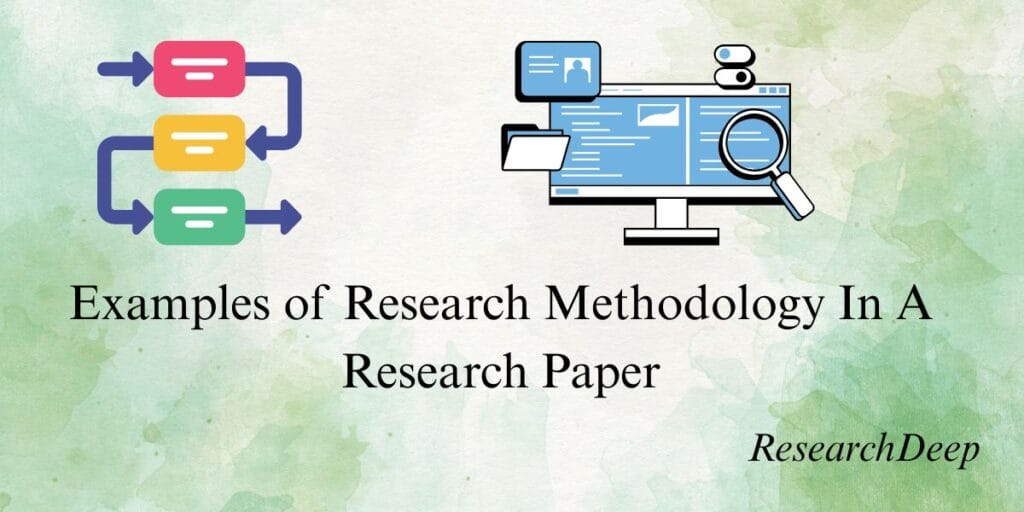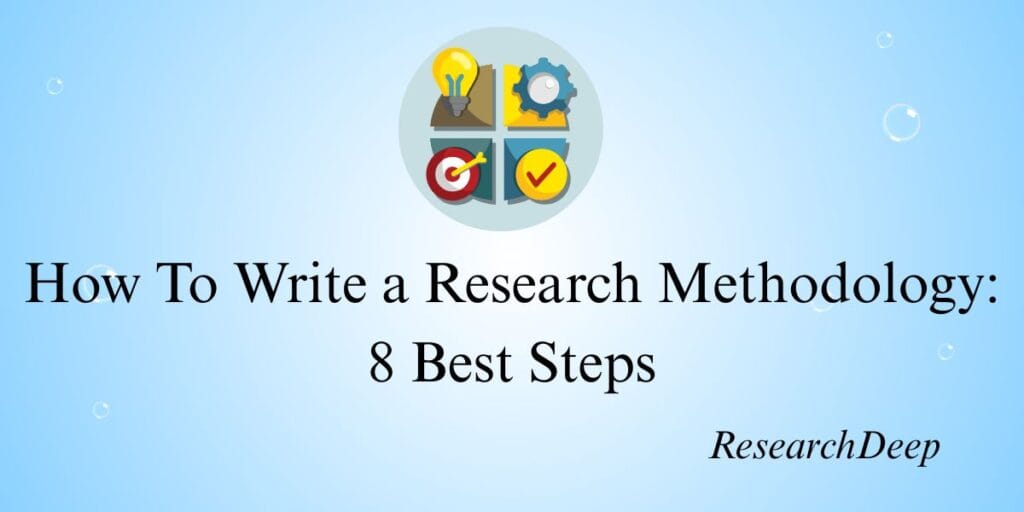Last updated on November 25th, 2025 at 01:00 pm
Overview
Research is an essential part of academic study, industry innovation, and societal progress. The importance of research methodology has been responsible for new methods being created and tested and theories being validated or debunked, and it answers the question asked by many: What are the methods of research?
Table of Contents
What are the methods of research?
Research methods refer to the specific techniques and procedures used to collect and analyze data, such as surveys, interviews, experiments, or observational studies. These are the tools or research methodology processes to gather data and have been differently defined by authors by adopting new methods.
Methods of research are vital as they ensure the credibility, accuracy, and reliability of research findings. Selecting the appropriate method hinges on the research objectives, questions, and the type of data required.
An integral part of research methods is research design, which helps ensure that the research methods chosen align with the research objectives and hypotheses.
Understanding the various methods of research can help guide decisions that lead to meaningful insights and are developed on a blueprint, research design, framework, or strategy that outlines how the research will be conducted.
For instance, the sampling strategy determines how variables will be measured and the structure of the study (whether it’s qualitative, quantitative, or mixed methods).
Types of Methods of Research
The methods of research vary depending on the objectives, scope, and subject of study. Below, we outline various research methods and their applications.
Understanding the various methods of research can help guide decisions that lead to meaningful insights.
Quantitative Research
Quantitative research revolves around the collection of numerical data and its statistical analysis. It is objective and focuses on measuring variables, testing hypotheses, and making generalizations.
Characteristics:
- Data is structured and statistical.
- Involves large sample sizes.
- Focuses on objectivity and replicability.
Key Methods:
- Surveys: structured questionnaires that collect quantifiable data.
- Experiments: Tests hypotheses under controlled conditions.
- Questionnaires: Used for gathering data from participants systematically.
Advantages:
- Can handle large volumes of data.
- Results can be generalized to a broader population.
Disadvantages:
Lacks in-depth understanding of context or participant experiences.
Qualitative Research
Qualitative research seeks to explore and understand the complexities of human behavior and experiences. It is subjective and focuses on deep, contextual insights.
Characteristics:
- Data is non-numerical.
- Explores meanings and interpretations.
- Often involves small sample sizes.
Key Methods:
- Interviews: In-depth conversations with individuals.
- Focus Groups: Group discussions to explore perceptions.
- Case Studies: Detailed examination of specific instances.
Advantages:
- Provides rich, detailed insights.
- Allows for flexibility in data collection.
Disadvantages:
- Data is difficult to generalize.
- Analysis can be time-consuming.
Mixed Methods Research
Mixed methods research combines both quantitative and qualitative approaches to offer a more comprehensive understanding of a research problem.
Table 1: Types of Research Methods
| Feature | Quantitative Research | Qualitative Research |
|---|---|---|
| Nature of Data | Numerical | Descriptive |
| Sample Size | Large | Small |
| Analysis | Statistical | Interpretive |
| Outcome | Generalizable findings | In-depth insights |
Action Research Method
The action research method is a participatory process that focuses on solving immediate problems while involving stakeholders in the process. It is particularly popular in fields like education and healthcare.
Steps in Action Research:
1. Identify the problem.
2. Plan an intervention.
3. Implement the change.
4. Evaluate the outcomes.
5. Reflect and revise.
This iterative process ensures continuous improvement and practical solutions.
Experimental Research Method
The experimental research method involves manipulating one variable to observe its effect on another, allowing for cause-and-effect relationships to be established.
Key Methods:
1. Laboratory Experiments: Conducted in controlled environments.
2. Field Experiments: Real-world settings, though harder to control.
Table 2: Difference between Action And Experimental Methods
| Advantages | Challenges |
|---|---|
| Clear cause-effect relationships | Ethical concerns over manipulation |
| Controlled environment | May lack real-world applicability |
FAQs
What are the main types of research methods?
The main types of research methods include quantitative, qualitative, and mixed methods research, each serving different purposes based on the study’s objectives.
What is the difference between qualitative and quantitative research?
Quantitative research focuses on numerical data and statistical analysis, while qualitative research explores meanings, experiences, and interpretations through descriptive data.
Why is it important to choose the right research method?
Choosing the right research method ensures the accuracy, validity, and reliability of the findings, helping to answer the research questions effectively.
Conclusion
Research methods are the foundation upon which studies are built. Choosing the correct method not only enhances the quality of research but also ensures the relevance and applicability of the findings.
Whether engaging with human experiences through
Selecting the method that best fits your research question is key to producing meaningful, impactful outcomes.




